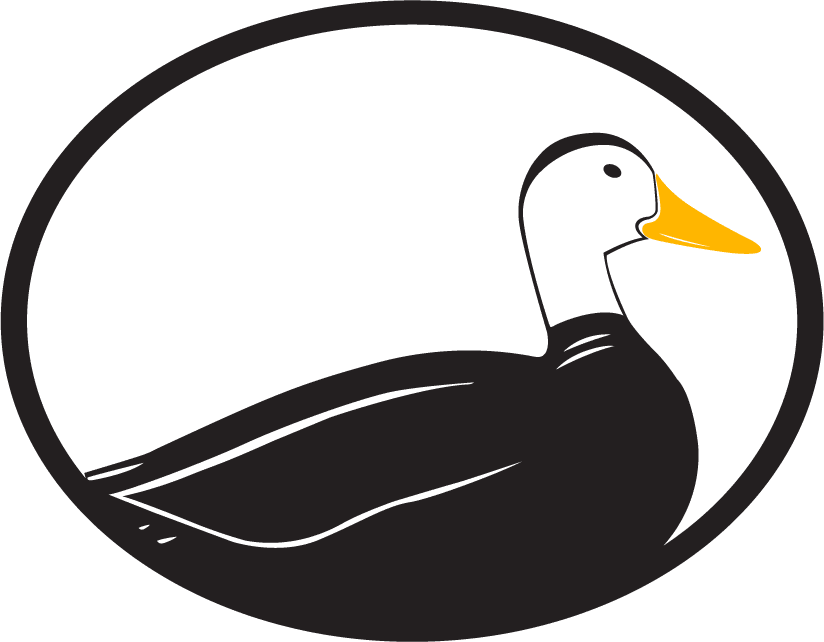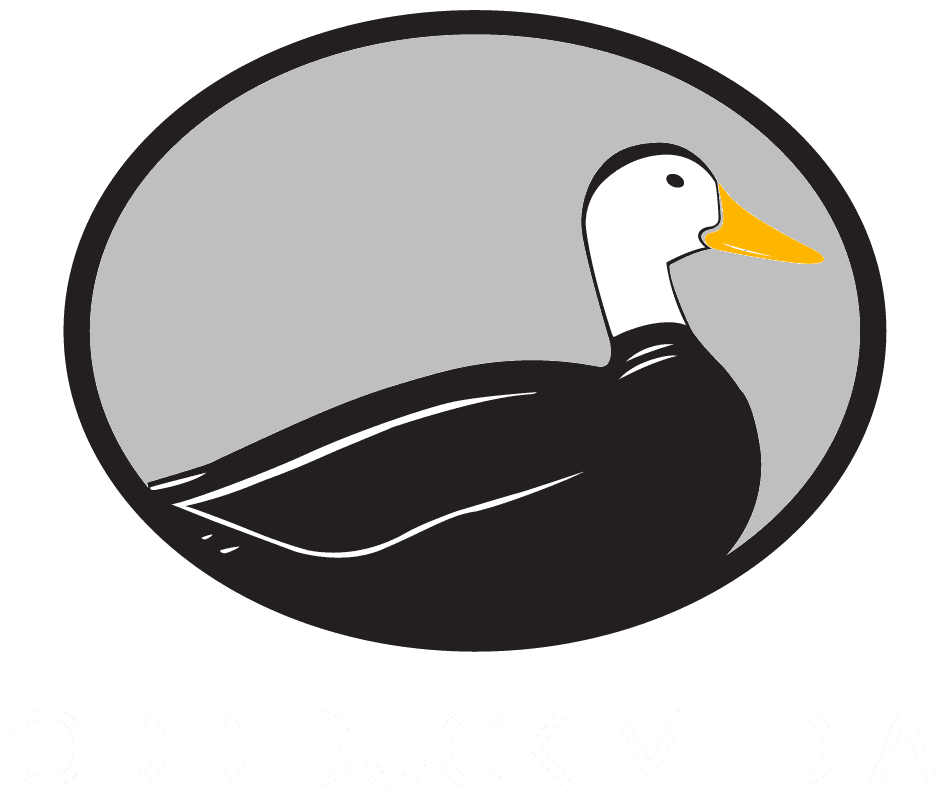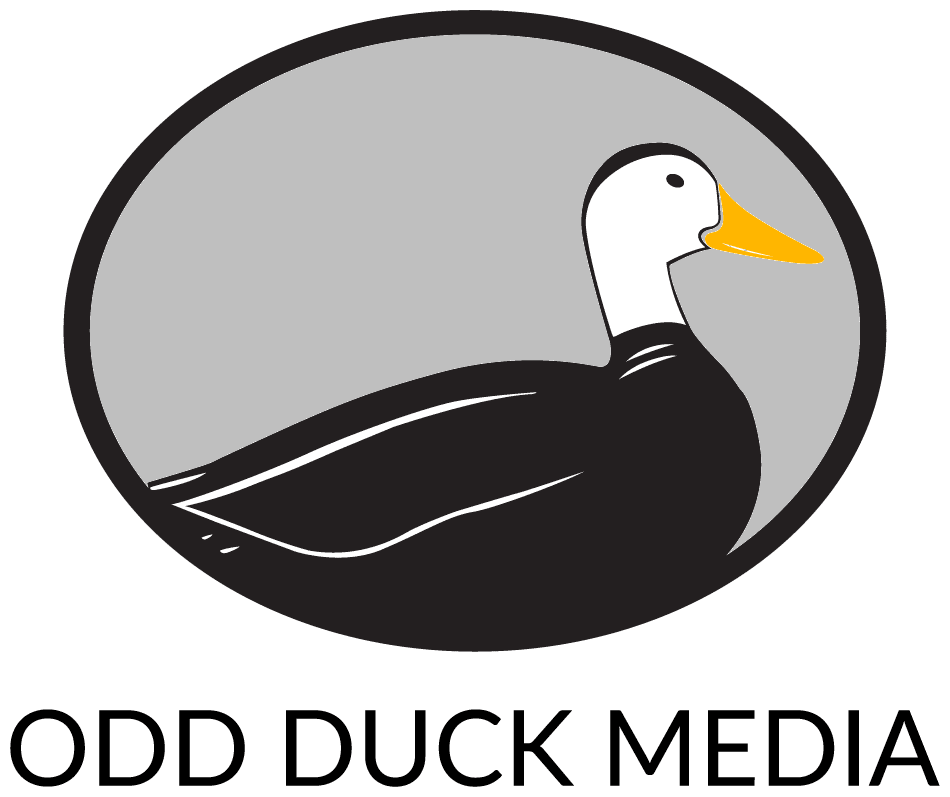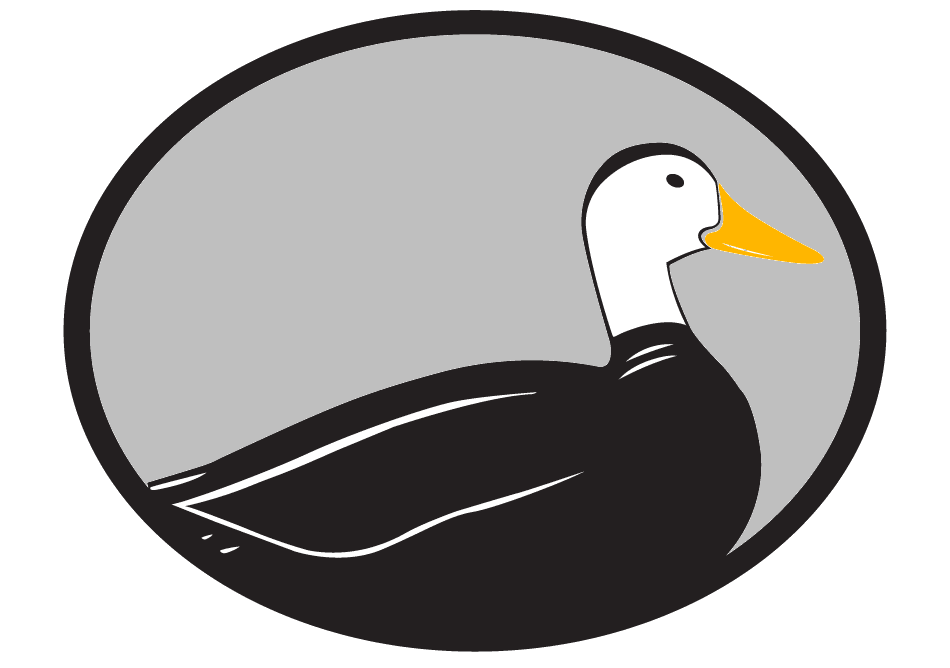
04 Nov Explaining the Differences Between SEO, Local Search, and Pay-Per-Click
If you’re not a digital marketing expert (and chances are, if you’re reading this blog, you’re not), it may be difficult to sometimes keep up with all the terminology and verbiage that gets thrown around in this industry. Part of that falls to simple ignorance – you’re too busy running your business to learn how all the specific details of a totally separate industry – but some of it also falls on the shoulders of people like myself and Ben. As terminology has evolved over the years, those who work in the digital space sometimes use terms interchangeably, or don’t get as specific as they could be when talking with clients. The reasoning behind that downplaying of terminology varies (some businesses use this as a way to be deliberately vague so that the client has no idea what they’re actually paying for, and therefore can’t hold the firm accountable for services), but the end result is the same: clients often don’t understand the nuances of different terms like SEO, Local Search, and Pay-Per-Click marketing.
To try and help clear up some of the murkiness, I wanted to post this article that breaks down the differences between SEO, Local Search and PPC, and explain a little bit about how each of them work, especially in regards to working with a digital marketing firm.
SEO:
Let’s start with the one you’re probably most familiar with, and the one that practically every marketing agency in the world will tell you they’re performing for you, regardless of what they’re actually doing.
If we oversimplify the definition, Search Engine Optimization (SEO) is sort of the “catch-all” phrase that people in our industry use as shorthand for “getting Google to like your website.” That’s part of the reason that the distinction between the terms has gotten a little fuzzy amongst business owners who don’t follow internet marketing trends on a regular basis. The other reason it’s become more muddled over the years is because SEO and the practices that make for good SEO have evolved as Google has continually updated their algorithm.
For example, years ago, “good” SEO meant adding as many keywords and phrases as possible into your content, regardless of how well it was organized or how much benefit it actually added to the site. In the early 2010’s, it wasn’t uncommon to see a website that sold cigars feature content that read like this: “XYZ Company sells the best cigars in San Antonio. Visit our San Antonio cigar shop for all your San Antonio cigars. XYZ is a San Antonio cigar store with San Antonio cigars for San Antonio cigar shop fans.”
Pretty terrible to actually read through as a real human, right?
Over time, Google shifted the algorithm to include more “contextual content.” They wanted to focus on serving customers more quality content, instead of just a bunch of stuffed-in keywords. This meant that the process of SEO evolved to be more organic, if you will. This led to blogging and content creation being a much bigger part of the SEO process than it was previously.
As more and more users started using their phones for web browsing (as opposed to their desktops), Google started incorporating more “off-site” optimization into their algorithm. Internet marketing companies started focusing more on getting businesses listed in directories outside the main website (think sites like Yelp, MapQuest, Better Business Bureau, etc.). As Google continues to move the target for what makes up good optimization, the components of the process also continue to evolve.
Bottom line, if your marketing agency says they’re providing SEO for your business, they should be doing a combination of efforts that include on-site optimization of your current content, adding new content, creating reputable backlinks and citations, posting blogs and/or videos, and more. If you’re getting quotes or proposals from a marketing firm, be sure to ask them what their SEO strategy includes, and cross-reference it with this blog post. If they can’t nail down exactly what they’re doing to optimize your online presence, they’re probably being intentionally vague and should be avoided.

Local Search (aka Local SEO):
Local Search is the newest “shiny toy” in the toolbox for most digital marketing agencies. It’s easy to tell a client you’re going to focus on their local search or Local SEO and then leave them in the dark without explaining what that actually means.
Essentially, local search is getting your business to show up for customers in your immediate area when they’re searching on their mobile devices. This part of the optimization process has increased its share exponentially over the past few years as mobile use continues to grow and Google My Business continues to add to its capabilities and dominance.
Local search includes claiming and fully building out your business’s online profiles on sites like Google My Business, Bing Maps, Apple Maps, Yahoo Maps, Yelp, and social media profiles. It should also include maintaining your online reputation and replying to reviews, but many agencies list that as a separate line item (so they can charge more money for something they should be doing anyway).
Local Search operates a little differently than conventional SEO, since it’s really trying to optimize your visibility in maps listings (like the ones that show up at the top of Google when you do a search for a business) as opposed to the organic section of Google that comes right below it. It requires a different approach and utilizes different strategies, but in all reality, it’s a service that should be incorporated into your overall SEO campaign. Optimization isn’t a siloed effort, and good organic SEO will help increase your local search visibility and vice-versa.
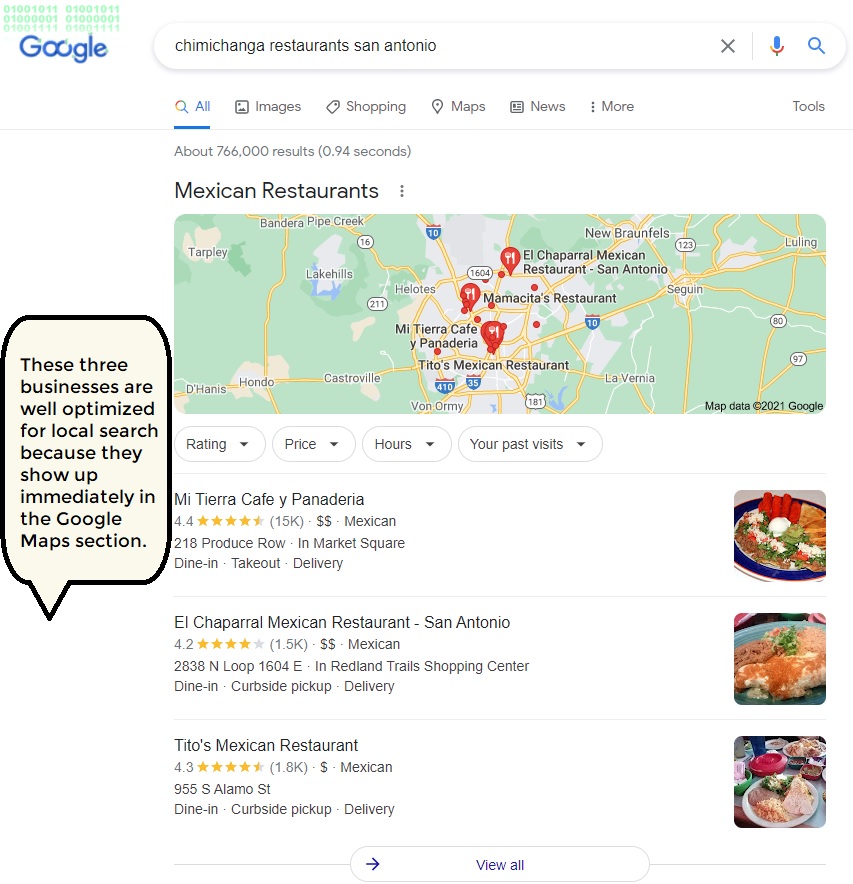
Pay-Per-Click (PPC):
Finally, you’ve got Pay-Per-Click advertising (also known as PPC, Google Ads, Paid Ads, and other various terms). It’s exactly what the name sounds like – they’re paid ads that run on Google or social media and charge you for each time the ad is clicked. You’re probably familiar with these, since they’re usually the very first thing you see on either desktop or mobile whenever you do a Google search. They typically include a catchy tag line, some content about the ad, and then a link to the website that the ad supports. There are various forms of PPC (remarketing, display, video, etc.), but they’re all basically just variations of the same concept.
The cost for running these ads varies greatly depending on your industry, since they basically work like an auction. The more bids there are from advertisers running ads for those keywords, the more the costs go up. Typically, a digital marketing firm will set a budget you’re comfortable running for these ads (the portion that goes to Google or the social media platform), and then a management fee that goes to the agency for creating, optimizing and monitoring the ads.
If your digital marketing firm doesn’t clearly outline how much your PPC costs are going to the ads themselves and how much are going to the agency for management fees, you should immediately be wary. That’s a (common) shady tactic that allows the marketing firm to make more money without clearly letting you know where your money is going.
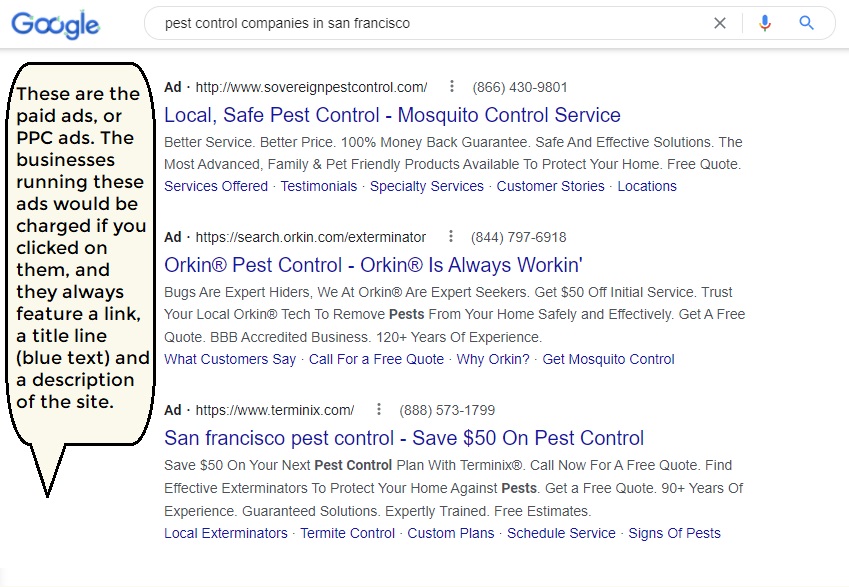
Conclusion:
Hopefully, this breakdown of terminology helps you better understand the differences between SEO, Local Search, and PPC, and can help delineate between some of the common services that marketing companies like ours use, as well as the processes and differences between them. Which service is best for your business totally depends on how your industry operates and where you are in the online promotion process, but our general recommendation is to do at least some of each of the three (plus social media marketing) to make sure you’re putting your business in the best position to succeed, regardless of how your customers choose to interact with you.
For all your digital marketing concerns, contact the professionals at Odd Duck Media. We’re always happy to provide free consultations and digital marketing assessments, and we love working with small and medium-sized businesses all across the San Antonio area. Get in touch with our team today if you’d like to learn more.
